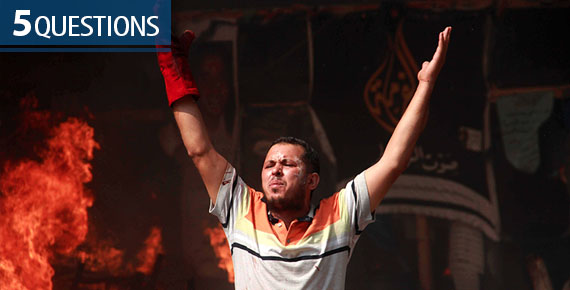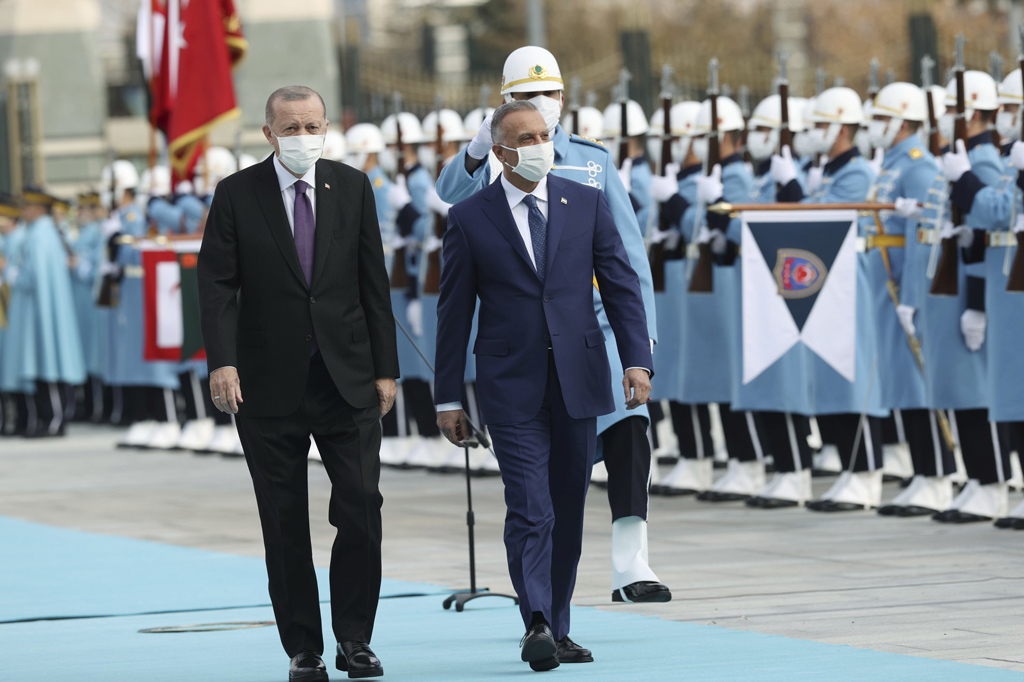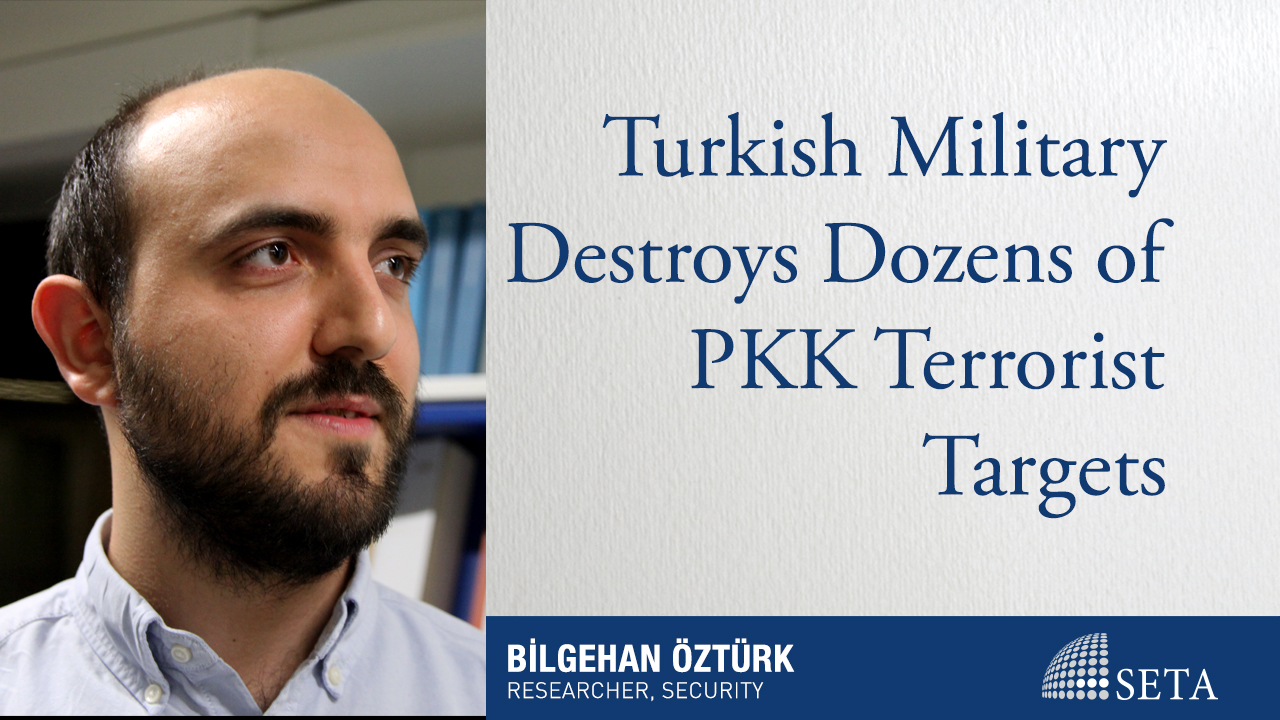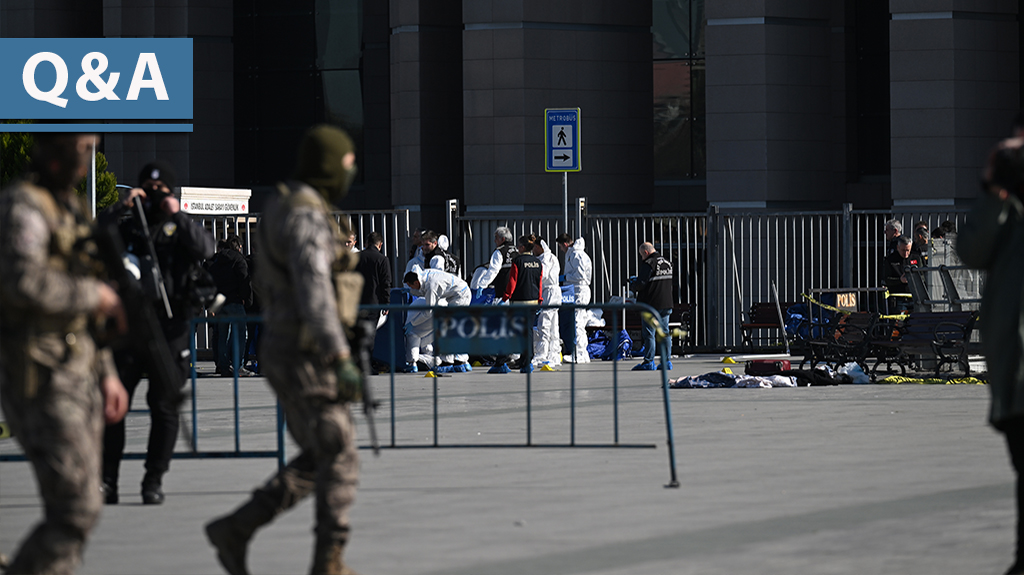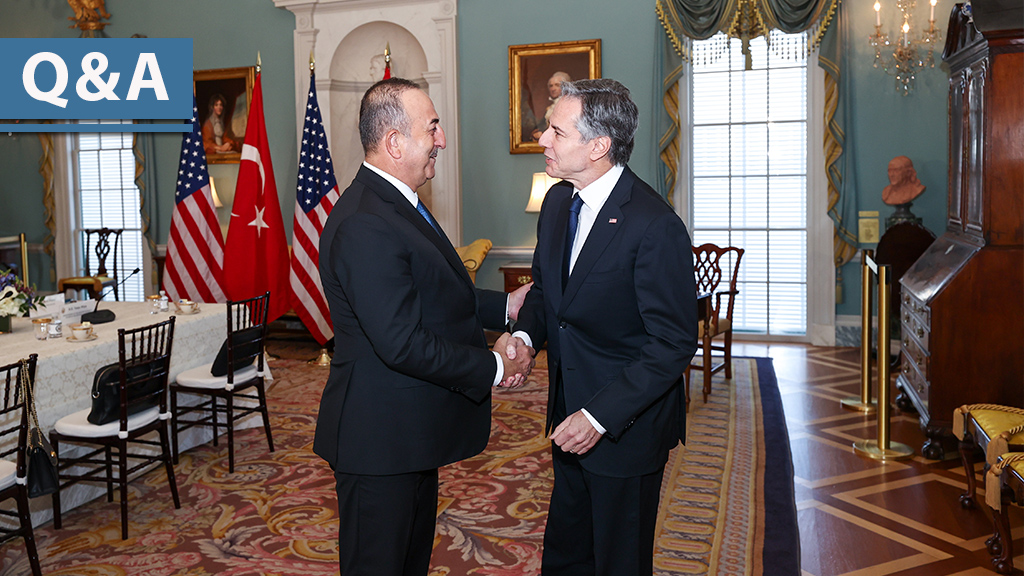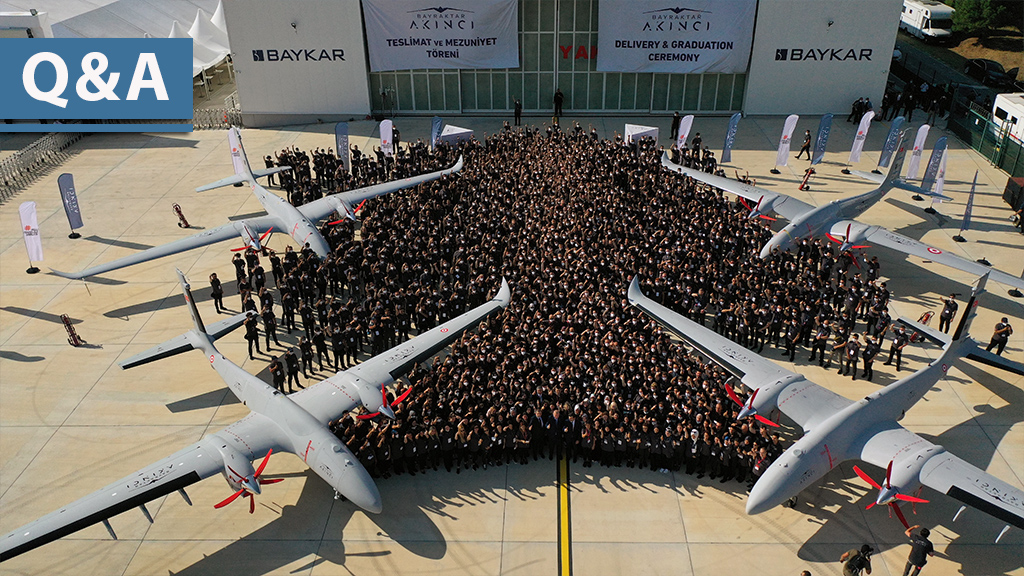1. Massacres that have not taken place during the overthrow of Hosni Mubarak were committed after the July 3 military coup d’état. What does this mean?
The Egyptian military and the international consortium behind it began to manipulate the process and engaged in crisis-management upon realizing that the January 25 Revolution was unstoppable. In order to put into action a system of “Mubarakism without Mubarak” , as a continuation of the old regime with all its institutions even though Mubarak was no longer the president, and to curb the revolution’s energy, they pretended to side with the protestors who gathered at the Tahrir Square. So, they tolerated the Tahrir protests with the thought in mind that they could manage the process later on. However, the legitimacy crisis occurring after the coup and hundreds of thousands of people pouring to the squares have turned Egypt into a country which cannot be ruled by the executioners of the coup. Therefore, the military behind the takeover thought that the only way to stop the protestors was to apply brute force and violence. The military, again, planned to gain legitimacy through violence.
2. What is the aim of the illegitimate coup administration by these massacres?
The Egyptian military has two main goals: The first is to achieve normalization, even if it is in appearance, by emptying the squares in the country where the administration turned dysfunctional following the coup, and to build up legislative and executive power everywhere from the capital Cairo to rural areas. The second goal is to pull the Muslim Brotherhood (Ikhwan) and the anti-coup groups into this spiral of violence and to have the Ikhwan’s legitimacy questioned by associating the organization with violence. The coup government expects Ikhwan’s retaliation to these killings, and plans to suppress the fight for democracy under the guise of “fight against terror”.
3. What about the landscape of the international pro-coup and anti-coup groups at this point? What is your assessment about their positions in terms of universal and democratic values?
Other than Turkey and Qatar, though the latter faltered at the beginning but adopted her main stand eventually, and the African Union known to be sensitive against coups, no country stood against the military takeover in Egypt. The Unites States, her ally Israel, and the Gulf countries led by Saudi Arabia, not only have they provided political support to the Egyptian coup; but they have also played an active role in the formation of the necessary conditions before the coup, and provided international financing and political support during the coup and overlooked the developments after the coup. As they could not call the coup ‘a coup’, the US Secretary of State John Kerry clearly stated that they see the developments as a matter of reconstruction of democracy. By virtue of its short-term gains from the coup in terms of regional security and the Palestinian problem, Israel is among the countries which openly announced that the coup in Egypt must be supported. At the point we have reached, the Western countries individually and the international organizations including the United Nations and the Organization of the Islamic Cooperation, and the Gulf dynasties as the guardians of the regional status quo, have lost touch with all universal and democratic values on account of Egypt.
4. How should the attitude of the West, in particular, to the coup process and the killings be read?
The coup in Egypt has clearly revealed the unprincipled and indecisive attitude of the West towards the democratic experiences in the Middle East. In the Middle East of the Arab Springs, the US, in particular, keeps trying to actualize via revolutions and counter-revolutions the “forms of democracy” that it had tried to install by war during the George Bush period, . This points to a big gap between t

